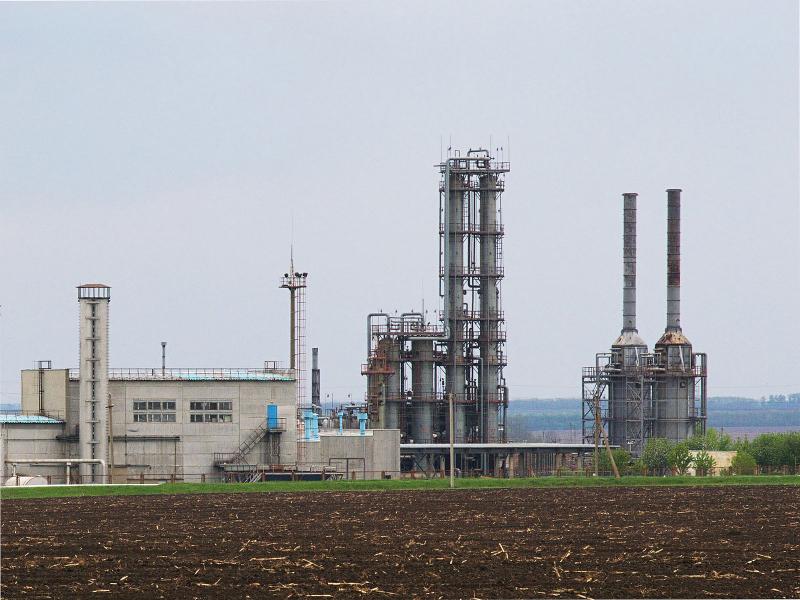
Boasting 20% of the country’s total natural gas production, gas drives Pennsylvania’s economy. It has also driven the state’s emissions down as much as states in the Regional Greenhouse Gas Initiative (RGGI).
But thanks to unilateral action by Governor Tom Wolf to join the destructive cap and trade program, the state will risk losing its competitive advantage in natural gas production while imposing a $3.5 billion carbon tax on its residents.
The Regional Greenhouse Gas Initiative (RGGI) requires power plants to pay a fee to the state for each ton of carbon dioxide they emit, thereby purchasing a carbon “allowance” from the state. Fuels like coal will suffer disproportionately under the program with their above-average carbon emissions. Over the years, the number of allowances will shrink, leading to an increase in prices for the allowances that Governor Wolf hopes will motivate companies to close fossil fuel plants and eventually transition to wind and solar.
With these stringent new levies on fuel production, electric consumers and workers in Pennsylvania will bear the brunt of the costs. According to the Power PA Jobs Alliance, as more than two-thirds of the state’s power generation is made less competitive or uncompetitive by the program, Pennsylvania will lose more than 8,000 jobs and $2.87 billion in total economic impact. That includes a loss of $539 million in employee compensation and, with resultant lower wages and a weaker economy, a loss of $34.2 million in state and local taxes.
Electric bills will inevitably rise for Pennsylvania families as companies try to recoup billions in new taxes. Since 2009, the average monthly electric bill in Pennsylvania has increased by more than 17%, from around $98 to $115 in 2019. But with an estimated $3.5 billion in carbon tax collection over the next 9 years, a Penn State analysis expects the average household electric bill to rise by $43 every year. That is a burden which many low-income Pennsylvania residents will struggle to afford.
The Republican-controlled legislature is strongly against participation in RGGI, with several Democrats joining them in their opposition. By signing off on the program without the consent of the legislature, Governor Wolf ignores a critical component of the Pennsylvania constitution: that only the Pennsylvania General Assembly may levy new taxes. In fact, every other state that joined RGGI did so with the approval of their respective state legislatures.
Moreover, Pennsylvania law requires physical, public hearings in regions impacted by new regulations like RGGI. Yet just 10 hearings, all of them virtual, were hurriedly scheduled over a five-day period in December. Not one was held in one of the many communities that will suffer from the impending power plant closures as a result of joining RGGI.
Natural gas and fossil fuel production more broadly have been an economic boon to Pennsylvania. But carbon emissions in the state have also dropped dramatically as union workers built more than a dozen major natural gas extraction plants. Over the last 10 years, more than $14 billion has been invested in new production facilities. Increased rates of extraction of natural gas – by far the cleanest fossil fuel – has led to a 30% reduction in carbon emissions in Pennsylvania, in addition to making the state the number 2 natural gas producer in the country. It’s no surprise that more than a dozen labor unions, including the Pennsylvania AFL-CIO, oppose joining the RGGI.
By unilaterally joining the RGGI, Governor Wolf is overstepping his authority and imposing a repressive new tax burden on Pennsylvania families. Instead of having any significant impact on climate change, this move will simply encourage electricity generation, jobs, and capital investment to shift to unregulated, neighboring states like West Virginia and Ohio. In the meantime, Pennsylvanians will struggle with increasingly higher bills and lower growth.

